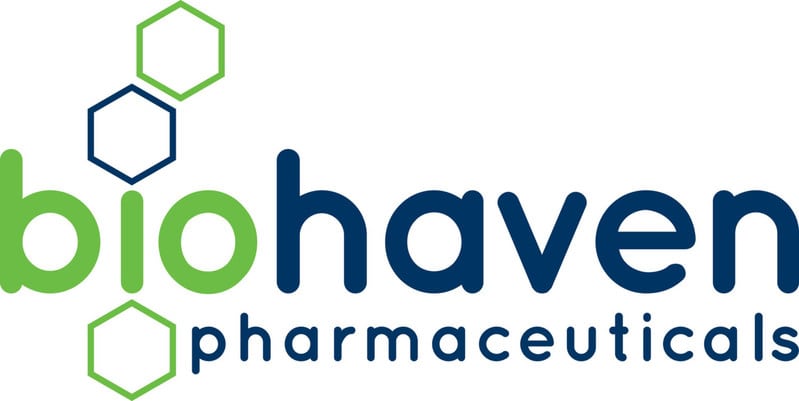
Biohaven Pharma has become the second drugmaker to bring an oral CGRP inhibitor to the US market for acute migraine, after the US Food and Drug Administration (FDA) approved its Nurtec ODT product.
The new drug’s approval by the FDA follows the agency’s green light for Allergan’s Ubrelvy (ubrogepant) in December. Once launched it will also have to compete with Eli Lily’s new acute migraine therapy Reyvow (lasmiditan), a first-in-class 5H-T1F receptor agonist, as well as older drugs in the triptan class.
Biohaven says Nurtec ODT (rimegepant) – its first commercial product – has the advantage of a fast-dissolving formulation that can be taken without water and delivers pain relief within one hour, with sustained efficacy over up to 48 hours in some patients.
There’s no news yet on its price, but the company said it would be in line with recent recommendations from the Institute for Clinical and Economic Review (ICER) in the US, which said last week the drug would be cost-effective at $4,200-$4,600 per year.
That is slightly lower than the $4,896 annual list price for Ubrelvy, according to ICER. The loser in its assessment was Lilly, as it said the annual list price of $4,610 for Reyvow was well in excess of its cost-effectiveness threshold and should be reduced to $2,800-$3,200.
“For patients who are unable to take triptans or who don’t get adequate benefit from those more affordable options, these new migraine therapies appear to relieve migraine symptoms in 10-20% more patients than who respond to placebo,” commented ICER’s chief medical officer David Rind.
Both the oral CGRP inhibitors have benefited from a collaboration between Allergan and ICER to look at the benefits of ubrogepant beyond the two-hour time point required by the FDA for clinical trials to support approval, as this almost doubled the cost-effectiveness threshold for the two drugs, according to ICER.
Lilly is unhappy about the conclusions of ICER’s report, saying in a statement that the drug is “an important new option for doctors and patients because with a single dose it offers patients a chance at freedom from migraine pain and their most bothersome symptom…at two hours”.
It claims the ICER analysis uses “more arbitrary efficacy endpoints that do not meet patient or key stakeholder needs to assess these new medications”, in particular the complete elimination of migraine pain at two hours.
Reyvow was approved by the FDA last October but only launched a month ago, as it needed a scheduling review by the Drug Enforcement Administration. Lilly launched it at a price of $640 per eight-pill pack, ahead of any discounts or rebates.
Biohaven meanwhile will have to prepare to go up against the marketing muscle of Lilly and Allergan – soon to be acquired by AbbVie – and has recruited a salesforce of around 500 reps to help it do so.
In the meantime it is carrying out a phase 2b/3 clinical trial of rimegepant in the prevention of migraine, which is in the final stages and should generate results shortly.
A successful outcome in those studies would make the drug a potential competitor to three CGRP inhibitors given by subcutaneous injection – Amgen/Novartis’ Aimovig (erenumab), Teva’s Ajovy (fremanezumab) and Lilly’s Emgality (galcanezumab) – as well as Lundbeck’s just-approved intravenous therapy Vyepti (eptinezumab).




